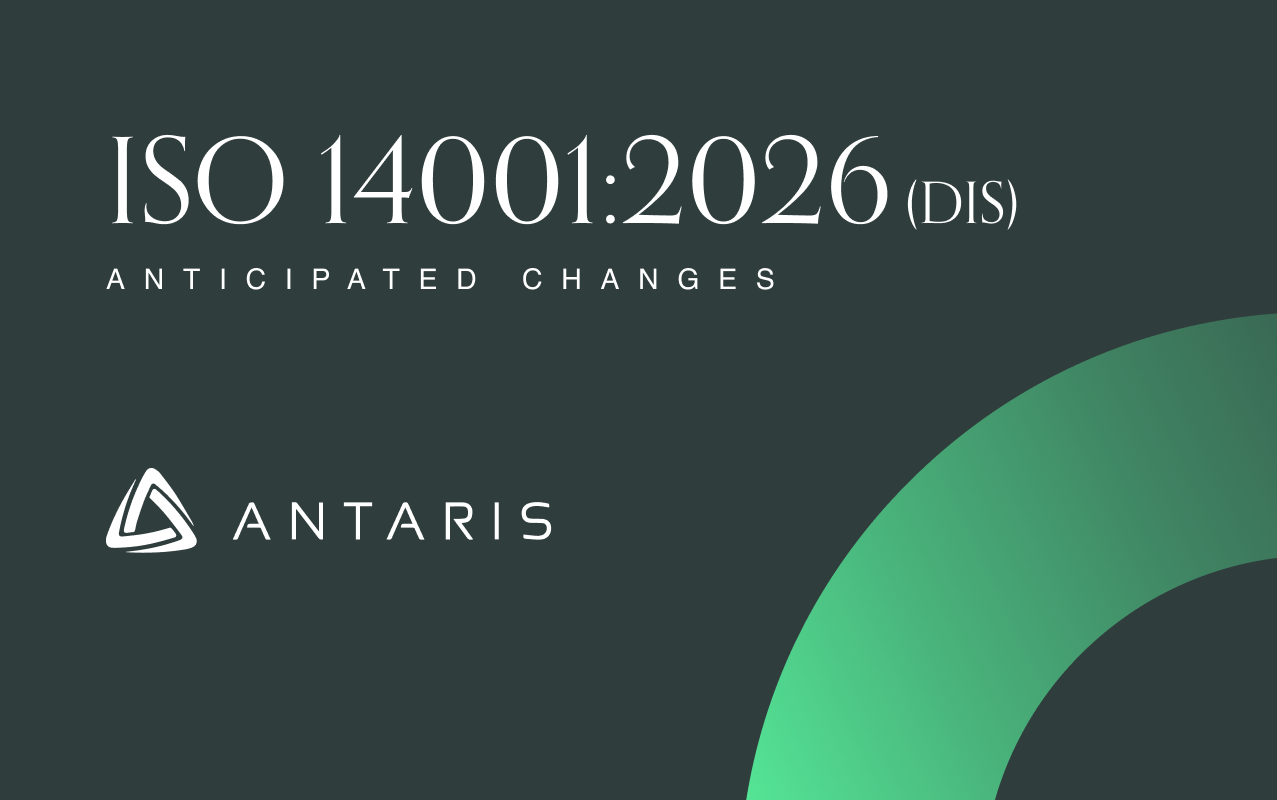New Circular Economy Standards: ISO 59004:2024, ISO 59010:2024, and ISO 59020:2024 – A Game Changer for Sustainability
In a world where sustainability has become an imperative, the International Organisation for Standardisation (ISO) has taken significant steps to support the circular economy with the recent release of three new standards: ISO 59004:2024, ISO 59010:2024, and ISO 59020:2024.
These standards aim to provide a comprehensive framework for organisations to adopt circular practices, thereby reducing waste, preserving resources, and promoting sustainable development. Let’s delve into what each of these standards entails and why they are vital for the future.
Understanding the Circular Economy
Before we explore the new ISO standards, it’s essential to grasp what the circular economy (CE) actually means. Unlike the traditional linear economy model of “take, make, dispose,” the circular economy emphasises a closed-loop system where products, materials, and resources are kept in use for as long as possible. This involves strategies such as recycling, reusing, refurbishing, and remanufacturing to minimise waste and make the most of existing resources.
The CE presents a transformative approach to how we design, produce, and consume goods, offering a pathway to address pressing environmental challenges like resource depletion, pollution, and climate change.
ISO’s New Circular Economy Standards: An Overview
The introduction of ISO 59004:2024, ISO 59010:2024, and ISO 59020:2024 marks a significant step toward mainstreaming circular practices across industries. Together, these standards provide a structured approach for organisations to transition to a circular economy.
ISO 59004:2024 – Circular Economy Principles and Framework
ISO 59004:2024 establishes the vocabulary, principles and framework of the circular economy. This standard lays the foundation for understanding what a circular economy is and how organisations can begin to integrate circular principles into their operations. It outlines key concepts such as product life extension, resource efficiency, waste minimisation, and system thinking.
One of the critical aspects of ISO 59004 is its emphasis on value retention. It encourages organisations to view waste as a resource and adopt strategies that enable products and materials to circulate in the economy longer. This framework standard provides guidance on adopting circular practices at both strategic and operational levels, allowing businesses to align with circular economy objectives.
ISO 59010:2024 – Circular Business Models and Strategies
Building on the framework set by ISO 59004, ISO 59010:2024 provides detailed guidelines on circular business models and strategies. It focuses on how organisations can integrate circularity into their business models to create economic, social, and environmental value.
This standard introduces various circular business models, including product-as-a-service, sharing models, leasing, and collaborative consumption. By adopting these models, organisations can shift from the traditional sell-and-forget approach to a system where products are designed for reuse, remanufacturing, and recycling. ISO 59010 also highlights the importance of stakeholder engagement, transparency, and collaboration in driving the circular economy forward.
ISO 59020:2024 – Circular Economy Performance Metrics
Measuring progress is crucial to the successful implementation of circular economy practices, which is where ISO 59020:2024 comes into play. This standard focuses on performance metrics that organisations can use to assess and improve their circular economy efforts.
ISO 59020 provides a set of quantitative and qualitative indicators to evaluate circular performance, including resource efficiency, waste reduction, material recovery rates, and product longevity. By adopting these metrics, organisations can monitor their progress, identify areas for improvement, and make data-driven decisions to enhance their circular initiatives.
Why These Standards Matter
The release of these standards comes at a critical time when businesses, governments, and consumers are increasingly recognising the need for sustainable practices. The ISO 59004, 59010, and 59020 standards offer a holistic approach to the circular economy, covering strategic planning, business model innovation, and performance measurement.
For businesses, adopting these standards means access to a structured methodology to transition from linear to circular models, opening opportunities for cost savings, new revenue streams, and enhanced brand reputation. For policymakers, these standards provide a common language and framework to support regulations and incentives that promote circular practices.
In conclusion, the launch of ISO 59004:2024, ISO 59010:2024, and ISO 59020:2024 represents a significant milestone in the global shift toward a circular economy. By providing a clear framework, actionable strategies, and measurable metrics, these standards equip organisations with the tools they need to embrace circularity and contribute to a more sustainable future. Whether you’re a business leader, sustainability professional, or policymaker, these standards offer a blueprint for building a resilient and resource-efficient economy.
Additional Reading
Latest Circular Economy Standard Family: ISO 59000 – Antaris Consulting








